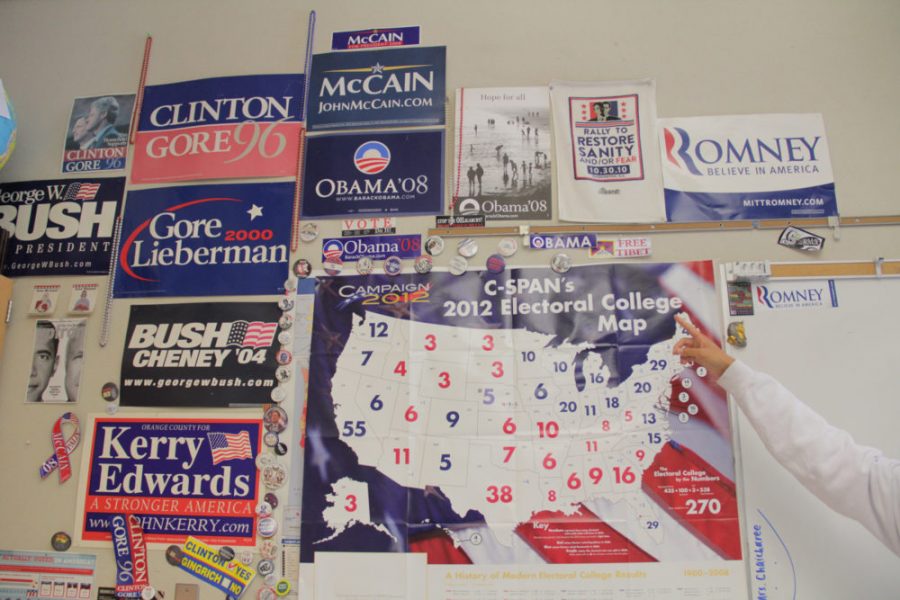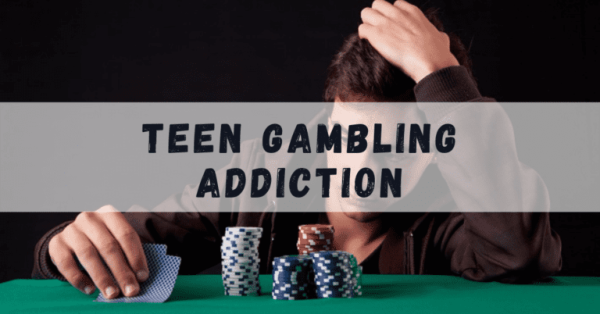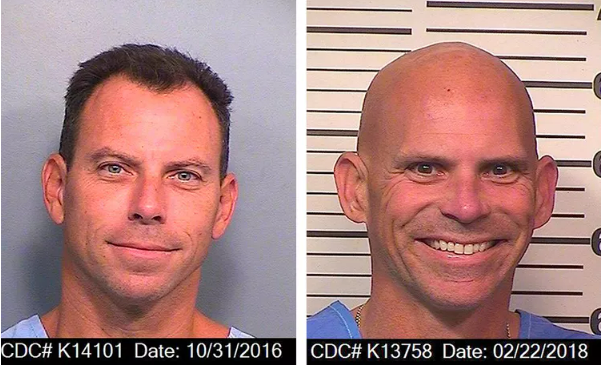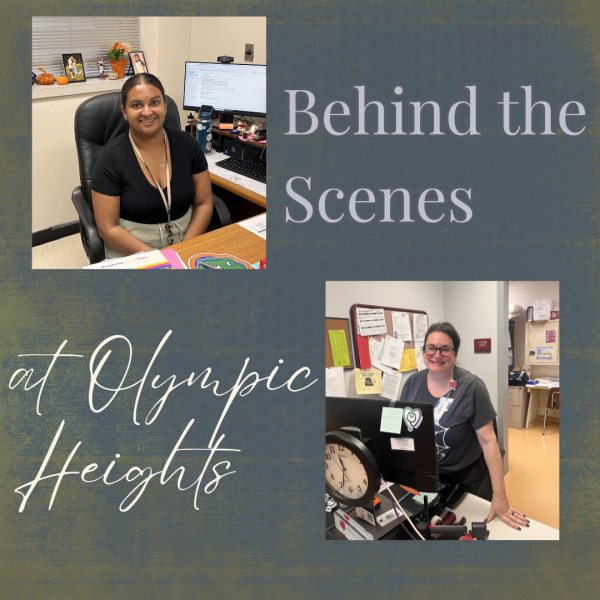Should teachers express personal viewpoints with students?
Teachers seem to have become more and more comfortable expressing their personal opinions on controversial matters to their students. Some people think that this is beneficial to students because it shows them how to think critically and analyze facts. Others believe that this is considered indoctrination and that teachers should refrain from speaking about their personal beliefs because teachers are educators and should give their students the facts and let them form their own opinions.
According to definitions.net, a teacher is a person who helps students acquire competence, virtue, or knowledge. Some people believe this does not give teachers the right to indoctrinate their students and attempt to convince them to believe what they believe. However, teachers do have a responsibility to give their students facts, help them process and understand those facts, and allow them to form their own opinions. Olympic Heights English teacher Ms. Sarah Davies agrees, stating, “As a rule, it is unethical and better to err on the side of caution.”
Also, when teachers discuss personal opinions about religion, they should keep in mind their students in any one class probably represent a myriad of religious beliefs that don’t necessarily align with their own. An OH student wishing to remain anonymous recalls teachers from a previously attended private religious school expressing their personal beliefs. “They would say stuff like ‘being gay is a sin.’ It made me feel uncomfortable because as a class we knew they shouldn’t have been talking about that.”
Some students feel that teachers expressing personal viewpoints is a waste of useful class time and can make students uncomfortable, which does not make for a good learning environment. OH senior Mario Gutierrez stated, “I believe everyone should have the right to their opinion, but I’d also think ‘is this the right time for this? I don’t think so.’” Even though teachers are human and have the right to any opinion they desire, lots of students and teachers agree that the sharing of those opinions does not belong in the classroom.
On the other hand, some think such opinion sharing is beneficial to the student for many reasons. For example, if a student says something blatantly racist, shouldn’t the teacher call them out on it? “In our current political climate, ideals are so polarized, but there is blatant misinformation that is spread, especially as a result of social media,” OH English teacher Ms. Michelle Hoke stated. “I couldn’t allow students to believe false information. It needs to be addressed through a teachable moment.”
Despite OH administration instructing the faculty to not share personal viewpoints on controversial matters with their students, the curriculum of some classes actually calls for the discussion of controversial issues. One such class is AICE Global Perspectives taught by Mr. Michael Taylor. “Hiding from serious issues is completely against the purpose of education, and – especially when confronting conspiracy theories and/or hate speech – the teacher has an obligation to speak out,” Taylor said. “Part of why I integrated a closer look at conspiracy theories and anti-Semitism into Global was a response to the insane comments made by many of my students. I believe that one of the contributing factors to the decline of this country is that we have become afraid to express and discuss ideas.”
Many people agree that teachers should call the student out on bigoted statements because it is teaching the student it is not acceptable to say such remarks toward anyone for any reason. Doing so will help teach respect and empathy when the teacher explains to the class why these comments are rude, disrespectful and derogatory.
Classrooms are supposed to be safe places where students can discuss and learn from each other and their teacher. Students should also be able to have educational, interesting debates. These debates will not only engage students, but will make them feel heard by their classmates and teachers. OH junior Emma Fishman stated, “I think it’s interesting when they say how they actually feel. I think that it’s okay to say what you believe in a classroom and discuss with everyone.”
Some teachers may not agree with everything their students say, and some students may not agree with everything their teacher says. This opens the door for an educational conversation that is fundamental for students to develop their own perspective. Allowing this to occur will expose the teacher and student to new ideas and perspectives, allowing both of them to learn from each other. “When teachers express their political opinions, even if they don’t align with the majority of the opinion in the classroom, they are at least encouraging discourse and making students aware that other perspectives exist,” wrote Kayla Hoang in a baronnews.com opinion piece.
Most people think that when teachers consistently attempt to force their opinions on their students, that is a problem. While others think that when teachers discuss their personal opinions it helps students learn how to form arguments and back up their facts and opinions when another student or teacher disagrees. Teachers should remember to be sensitive and cautious when discussing their personal beliefs with students. Teachers also need to be able to instill a comfortable environment for students to express their personal opinions, while also learning to respect the opinions, ideas, and thoughts of their peers and teachers.











